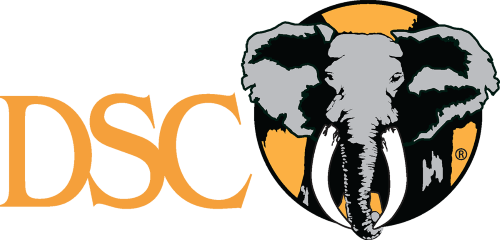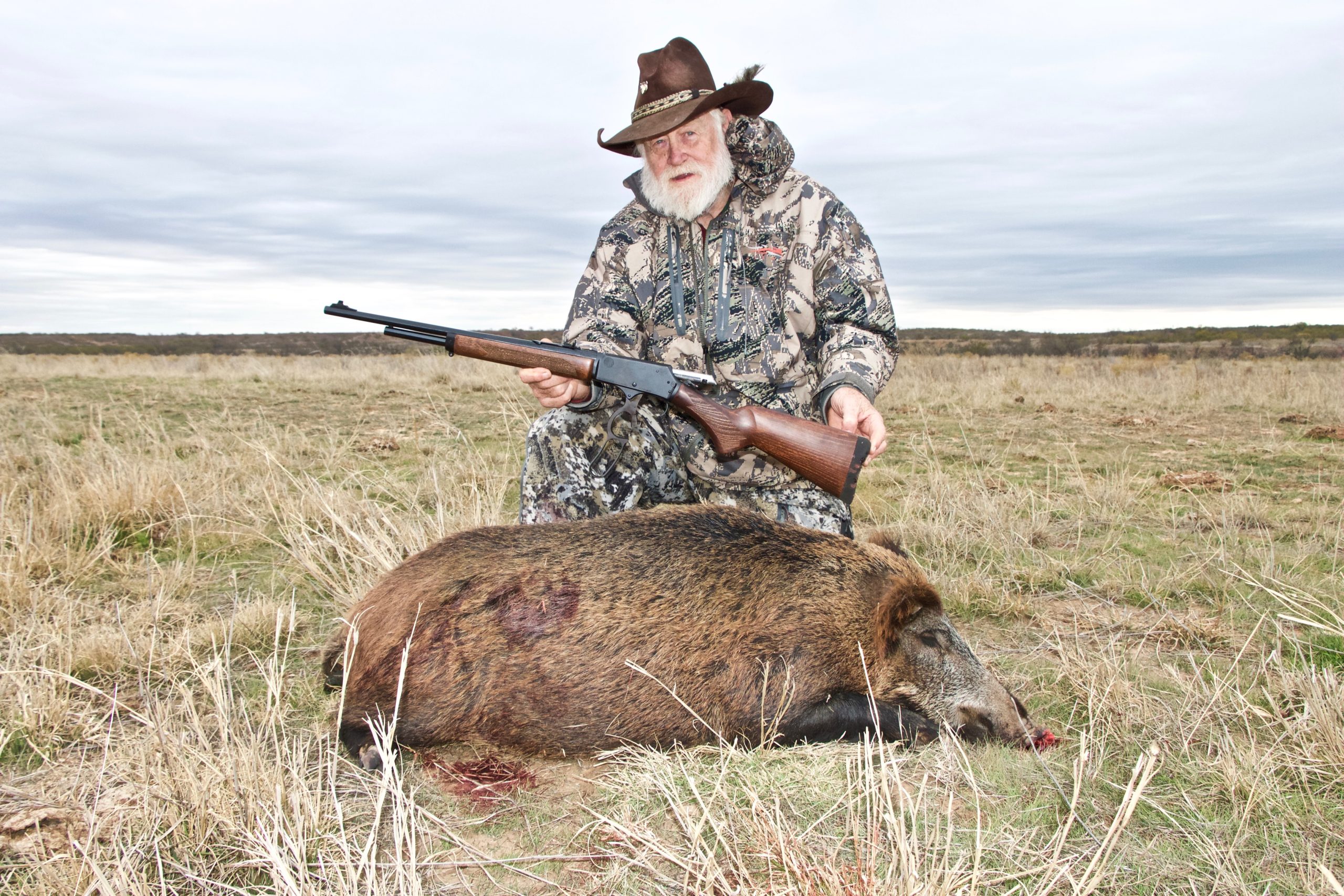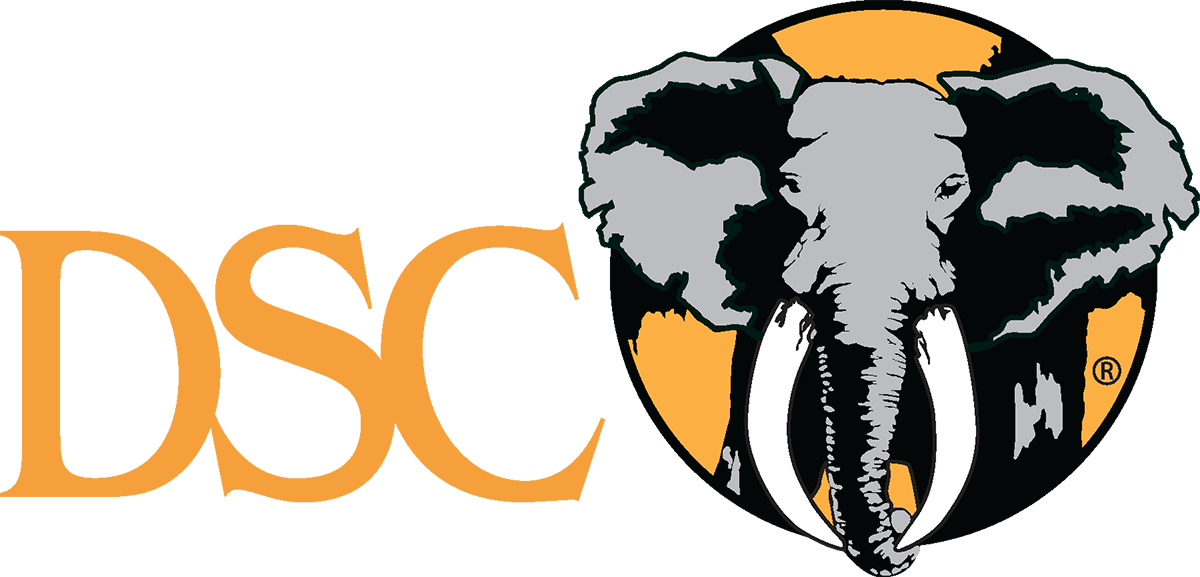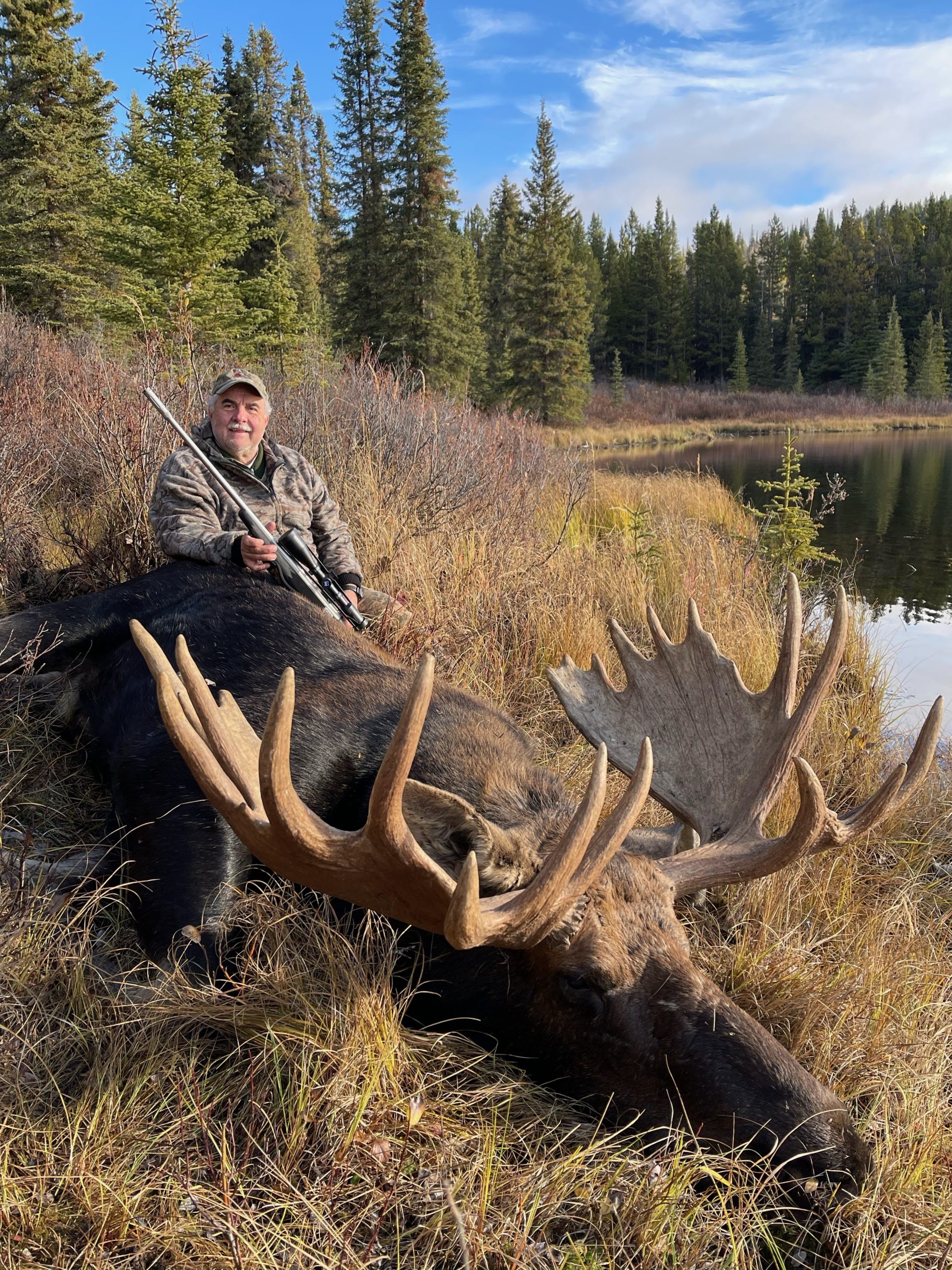[box] When South Africa’s Minister of Forestry, Fisheries and the Environment, Barbara Creecy, released the report from her High-Level Panel, the news broke on their recommendation to halt the captive breeding of lions, keeping lions in captivity, and using captive lions or their derivatives commercially. In addition to this proposal, there are several other recommendations involving organizing protected areas, increasing involvement of the communities living with the discussed species, simplifying legislative and policy processes, and more in the wildlife sector. Continue reading about the Panel’s recommendations and Minister Creecy’s plan as reported by South African News below.[/box]
A High-Level Panel appointed to review policies has recommended that South Africa halt the captive breeding of lions, keeping lions in captivity, and using captive lions or their derivatives commercially.
The High-Level Panel Report on the management, breeding, hunting, trade and handling of elephant, lion, leopard and rhinoceros was released on Sunday by Minister of Forestry, Fisheries and the Environment, Barbara Creecy, in Pretoria.
“The Panel identified that the captive lion industry poses risks to the sustainability of wild lion conservation resulting from the negative impact on ecotourism, which funds lion conservation and conservation more broadly, the negative impact on the authentic wild hunting industry, and the risk that trade in lion parts poses to stimulating poaching and the illegal trade,” the Minister said.
Creecy has requested the department to action the recommendation accordingly and ensure the necessary consultation for implementation is conducted.
“It is important to stress that the recommendations are not against the hunting industry. Preventing the hunting of captive lions is in the interests of the authentic wild hunting industry, and will boost the hunting economy and our international reputation, and the jobs that this creates,” the Minister said.
Creecy appointed the High-Level Panel in October 2019 after hosting a Colloquium on Captive Lion Breeding in August 2018, which recommended putting an end to lion breeding in South Africa.
It was also in response to the number of emotive and complex conservation and sustainable use issues raised by the public, particularly those involving keystone species. These included the lion bone trade, hunting of captive-bred lions, the elephant culling debate, the ivory stockpile, and trade in rhinoceros horn.
“We will be taking forward the recommendations to develop a Policy on Biodiversity Conservation and Sustainable use and adopt a One Welfare approach for wildlife.
“There are key recommendations to reposition and organise protected areas, simplify and make more effective legislative and administrative processes, as well as to improve cooperative governance. The department will initiate processes to resolve these,” the Minister said.
She said transformation of the wildlife sector will be prioritised, in terms of improved inclusion of marginalised groups, especially communities living with or adjacent to these species, and in the role and influence of traditional leaders and healers in the wildlife sector.
In terms of captive rhino, the panel made clear recommendations as to how partnerships with private owners of rhino can lead to strong conservation outcomes for the species, while enhancing potential benefit streams.
“We have accepted that the country adopt the recommended positions on ivory and rhino horn trade, such that we will not be making proposals to CITES (the Convention on International Trade in Endangered Species of Wild Fauna and Flora) for further trade in these derivatives until certain conditions have been met.
“On the rhino these are based on the Commission of Enquiry’s report Option 3 as approved by Cabinet and the Rhino Action Plan and the development of a global consensus for legal international trade in rhino in the interest of rhino conservation,” the Minister said.
As South Africa protects the largest component of the global rhino population, the country intends to play a global leadership role in this.
“For elephants, although we hold a relatively small portion of the population, South Africa wants to play a key role to bring African consensus on ivory trade in the interest of ivory trade on elephant.
“We will be initiating a participatory process, with recognition of the important role and contribution by private owners, including some major ecotourism-based rhino populations, to rhino conservation, to find win-win solutions to safeguard rhino conservation and broaden and deepen the bio-economy associated with rhino,” the Minister said.
In adopting the report’s recommendations, the Minister said the following are the key outcomes for the country:
- Improved policy and legislative coherence, which will provide certainty and a stable base for growth and development;
- Better balancing economic, social, cultural and natural heritage needs, including re-imagining the role of protected areas, both state and others, in contributing to ecologically sustainable rural development;
- Placing communities living with wildlife at the centre, focussing on enhancing human-wildlife co-existence, and transformative approaches to access and benefit sharing for communities living on the edges of protected areas;
- A renewed focus on transforming the ownership and management of the commercial wildlife economy particularly in the eco-toursim and authentic hunting sectors;
- The ending of certain inhumane and irresponsible practices that greatly harm the reputation of South Africa and the position of South Africa as a leader in conservation; and finally,
- Contributing to ensuring Africa’s coherence and unity in relation to conservation; sustainable use and management of these species.
– SAnews.gov.za



